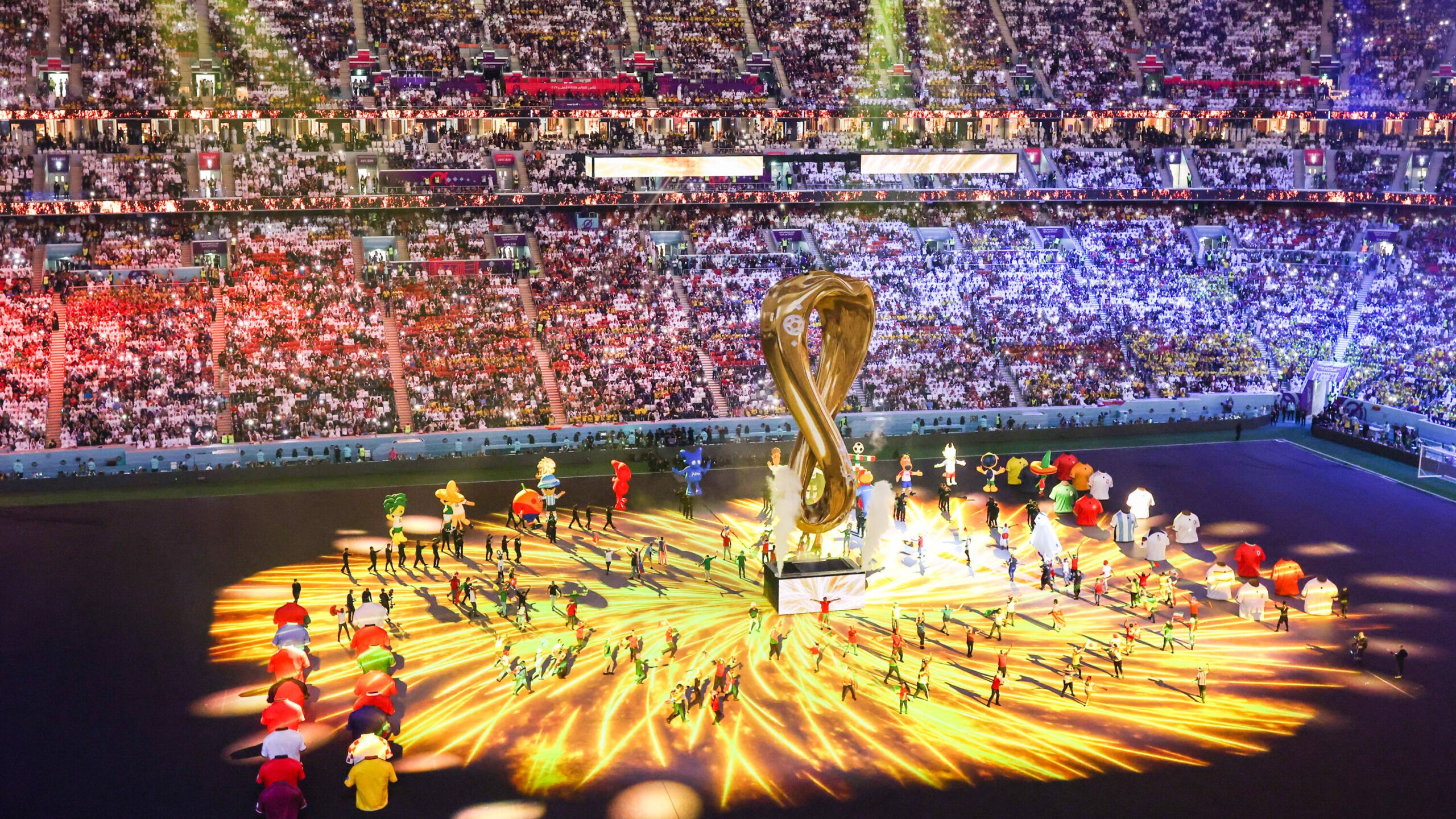The Olympics and the FIFA World Cup attract huge numbers of fans globally. The Olympics began in ancient Greece, while the World Cup began in Uruguay in 1930. The Olympics are held every four years, with over 30 sports and hundreds of events, while the World Cup is held every four years and features 32 teams. Football, being the most popular sport globally, means the World Cup attracts more fans than the Olympics. However, the Olympics still draws significant viewership, with its diverse range of sports and events bringing the world together through sports and competition.
The Olympics vs. The World Cup: Which Event Draws More Fans?
Sports have always been a great source of entertainment for many people across the globe. From football (soccer) to basketball, people have a variety of sports to choose from. However, two events stand out when we talk about sports on a global scale – The Olympic Games and The FIFA World Cup. Both events are massively popular and attract a huge number of fans. Let’s take a closer look at the similarities and differences between the two events.
History and Background
The Olympics Games are believed to date back to ancient Greece. The first modern Olympic Games took place in Athens, Greece in 1896. The event was revived to celebrate the culture and spirit of ancient Greece, with the aim of bringing people from different countries together through sports. The World Cup, on the other hand, has a more recent origin. It was first held in Uruguay in 1930 and is organized by FIFA, the international football governing body. The tournament is held every four years and attracts millions of fans from all over the world.
Duration and Frequency
One of the most significant differences between the two events is the frequency at which they are held. The Olympic Games are conducted once every four years, while the World Cup is held every four years as well. However, there is a difference – footballers who participate in the World Cup have the opportunity to play the tournament only once every four years. In contrast, athletes who participate in the Olympic Games have the opportunity to compete once every four years, but they can take part in multiple events in the same year.
Sporting Events
The Olympic Games typically feature more than 30 sports, with hundreds of events that span a period of about three weeks. The World Cup, on the other hand, is a football tournament featuring 32 teams comprising some of the best footballers in the world. The event lasts for approximately one month, and each team plays at least three matches before elimination begins. Football, being the most popular sport globally, means that the World Cup attracts an enormous following as football fans turn out in droves to watch their favorite teams live in action.
Global Appeal and Fan Engagement
Both events have a massive global appeal, with millions of fans tuning in to watch from all corners of the globe. The Olympics showcase different countries and their athletes, while the World Cup draws attention to the glamour of the football and the national teams. The World Cup is undoubtedly the most widely viewed and followed sports event globally, with a cumulative audience of over 3.5 billion people watching the 2018 Final in Russia. The Olympics, on the other hand, reached a viewership of over 3.6 billion for the 2016 Summer Games in Rio de Janeiro.
Conclusion
While both the Olympic Games and the World Cup are incredibly popular and attract millions of fans worldwide, the World Cup pips the Olympics in terms of sheer numbers. Football as a sport is played and followed by billions of people worldwide, and the World Cup is the biggest sporting event in terms of viewership and global engagement. However, the Olympics, with its diverse range of events and sports, is still a significant global phenomenon that brings the world together through sports and competition.
